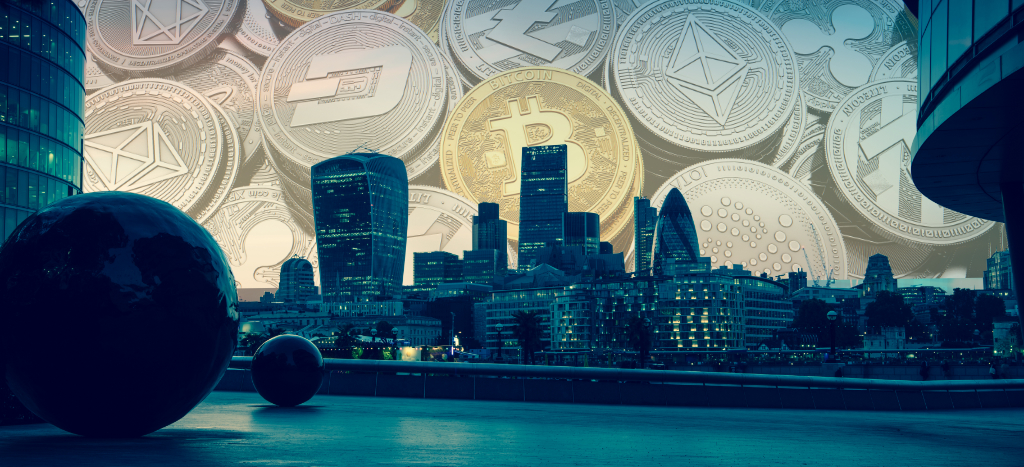“Non-Fungible Tokens” (NFTs) have been the subject of considerable discussion and, for many, consternation, in recent months. So what exactly are NFTs, and how does the law apply this burgeoning high-risk digital asset investment class? And are Non-Fungible Tokens legally regulated?
NFTs first appeared around 2014 when a video clip was registered on the Namecoin blockchain and sold for $4. More recently, Crypto entrepreneur Sina Estavi purchased the first-ever Tweet by founder Jack Dorsey. He paid US$2.9m for the NFT in March 2021, but his plans to resell the Tweet recently for huge profit fell through when he received a top bid of just US$6,800 on the NFT marketplace OpenSea. Estavi was originally asking $48m. For many, this is a perfect example of just how volatile and unpredictable the NFT market can be. Nevertheless, NFTs are now big business, with the market for these digital assets jumping from a fairly modest US$64m in early 2021 to US$41bn around a year later. And there is money to be made. In October 2017, NFT “CryptoPunk #8348” was purchased by an investor for US$456, which today has a staggering value of US$171m.
What are “Non-Fungible Tokens” (NFTs)?
An NFT is a record on a digital ledger (or blockchain) which formally certifies that a digital asset is unique. What differentiates NFTs from cryptocurrencies is that where the former is unique, the latter is not. In economics parlance, “fungible” means that something is replaceable by another identical item. Hence, NFTs cannot be exchanged “like for like”, whereas cryptocurrencies can.
NFTs are used to verify the ownership of unique items such as digital artworks, music, in-game items, collectables, domain names, event tickets, memes, online essays, or Tweets.
Unfortunately, NFTs are open to widespread abuse and fraud, through replica or fake NFT online stores, NFTs gained without the creator’s permission, social media scams, NFT wallet hacking, and “pump and dump” schemes whereby fraudsters use dishonest means to inflate the value of NFTs which then lose considerable value when sold.
The regulation of NFTs
In most countries, there is little in the way of NFT specific regulations. Other regulations may apply, however, depending on the jurisdiction and the type of digital asset. The following provides some examples of areas of law that may affect NFT.
UK AML Regulations
In the UK, the Money Laundering, Terrorist Financing and Transfer of Funds (Information on the Payer) Regulations 2017 (MLR 2017) may apply where a business intends to deal with certain “in-scope” crypto-asset activities, including exchanging crypto-assets for money or vice versa. If this is the case, the business is legally required to register with the Financial Conduct Authority (FCA) and adhere to strict AML rules.
US security regulations
In the United States, like the UK, there are no specific NFT regulations, but certain NFT crypto-asset types may fall under existing federal laws. Under US securities law, for example, the Securities and Exchange Commission (SEC) may treat certain types of NFT as security. In this case, they are subject to state and federal securities regulations. This requires each NFT to be assessed according to its individual characteristics and features. One of the key requirements for an NFT to be treated as security is that the purchaser has a reasonable expectation of profits. This is a complex area that requires sound knowledge and understanding of SEC regulations.
Intellectual Property law
Certain NFT transactions may fall within existing intellectual property (IP) law. Again, this is legally challenging because an owner of an NFT does not own the underlying digital asset. In fact, all they really own is “metadata” code. NFT owners are considered to have a non-exclusive license to the underlying asset, meaning that others can still make copies legally. This is because the original creator retains the original IP rights (rather like owners of real artwork who, despite their ownership, do not own its copyright).
Where a person mints an NFT without permission from the copyright holder, they may be in breach of IP regulations. This includes works which are in the public domain. In 2021, a collective called the Global Art Museum pushed this area of law to the limits when they minted a series of NFTs based on famous paintings without permission, including some from the Rijksmuseum in Amsterdam, and placed these on the NFT marketplace OpenSea. This was resolved outside of the legal system with the NFTs being removed from OpenSea and replaced with a message stating “you have been PUNKED”.
Are non-fungible tokens legally regulated: Final Words
In this article, we have only touched the surface of the current regulation of NFTs internationally. As the market for NFTs grows, and with this, cases of fraud and illegality, we expect greater legal clarity to emerge in the main international jurisdictions. In the meantime, it is recommended that anyone seeking to mint, sell, or purchase an NFT should have the transaction reviewed by a crypto-asset Solicitor to see if existing regulations may apply and, if so, to what extent. Doing so may be essential in protecting your interests. Likewise, if you are facing prosecution in relation to an NFT transaction, it is essential to seek legal advice as soon as possible to ascertain your legal position and to determine the best way forward to resolve the matter.
If you are facing an investigation or prosecution in relation to a financial crime, our specialist regulatory Criminal Law Solicitors can help. You can contact us through our contact page here.
